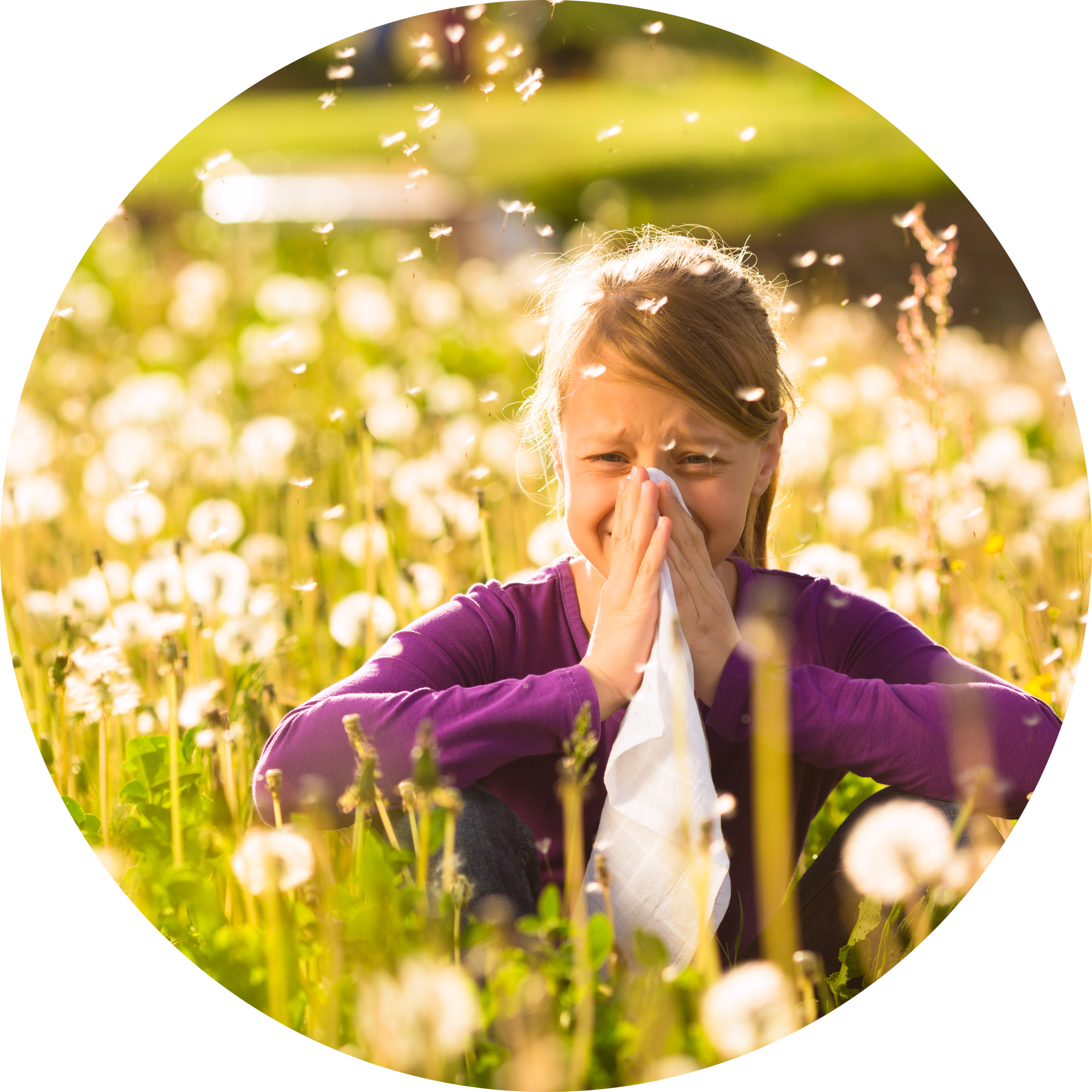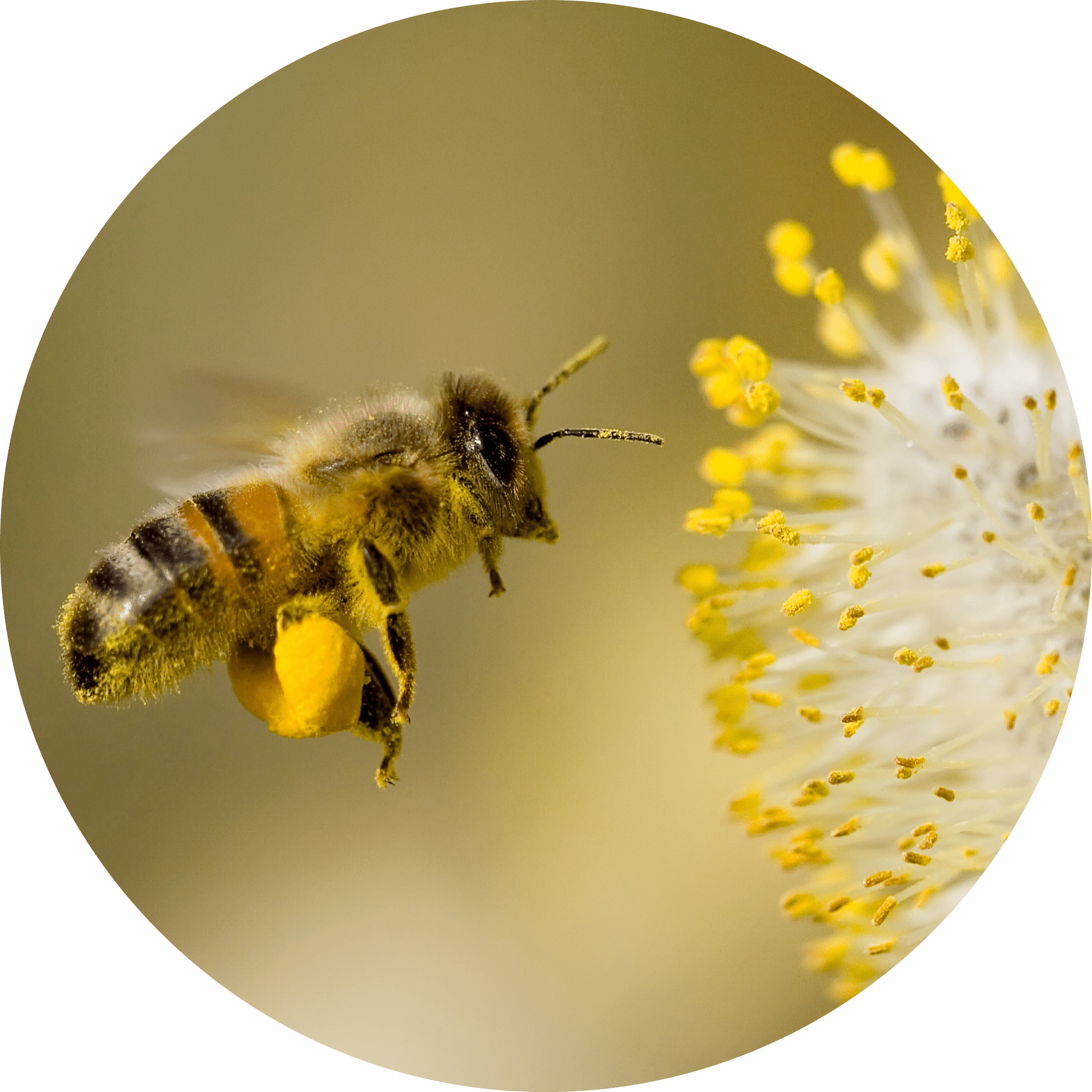
Environmental Allergies
Environmental allergies, also known as allergic rhinitis or hay fever, manifest when the immune system overreacts to substances present in our daily environment, be it at work, home, or outdoors. This hypersensitive response occurs when the immune system produces antibodies to combat substances known as allergens, despite these allergens posing no actual threat to the body. The result is a range of bothersome symptoms that can significantly impact a person’s quality of life.
Pollen, one of the most prevalent environmental allergens, originates from trees, grasses, and weeds. It becomes airborne during specific seasons, leading to allergic reactions characterized by sneezing, runny nose, itchy eyes, and congestion. These symptoms often worsen during the spring and fall when pollen counts are higher.
Dust allergies are another common environmental concern, with dust mites being the primary culprit. These microscopic organisms thrive in indoor environments, particularly in bedding, upholstered furniture, and carpets. Dust mite allergies can cause symptoms like sneezing, coughing, a runny or stuffy nose, and skin rashes.
Pet dander allergies occur when individuals are sensitive to proteins found in the skin cells, urine, and saliva of animals, especially cats and dogs. Symptoms include itching, hives, sneezing, and asthma exacerbation.
Mold allergies stem from exposure to mold spores that flourish in damp environments like bathrooms and basements. Inhaling these spores can lead to allergic reactions, causing symptoms such as coughing, wheezing, and skin rashes.
Cockroach allergies are more prevalent in urban areas where cockroaches are common pests. Exposure to their droppings and saliva can trigger allergic responses, leading to symptoms akin to those of dust mite allergies.
Effective management of environmental allergies involves various strategies. Allergy testing, including skin tests and blood tests, helps identify specific allergens. Avoidance measures, such as reducing exposure to allergens through cleaning, air filtration, and pet management, are often recommended. Medications like antihistamines and nasal corticosteroids can provide relief from symptoms. In severe cases, allergen immunotherapy (allergy shots) may be considered to desensitize the immune system to specific allergens.
In conclusion, environmental allergies result from the immune system’s exaggerated response to commonplace substances in our surroundings. Understanding and managing these allergies involve identifying allergens, implementing avoidance strategies, and, when necessary, utilizing medications or immunotherapy to alleviate symptoms and improve the quality of life for affected individuals.

WHAT ARE SOME SYMPTOMS OF ENVIRONMENTAL ALLERGIES?
Some symptoms of those that suffer from environmental allergies include:
• Headaches

WHAT CAUSES ENVIRONMENTAL ALLERGIES?
Cockroach droppings, saliva, and waste can trigger allergic reactions in some people.
WHAT IS ALLERGY TREATMENT?
Allergy treatment involves medical care of exaggerated or pathological reactions to substances, situations, or physical states. Allergists are experts in treating allergies with ongoing and seasonal treatments including medicine, shots, immunotherapy, and tablets. Allergy testing can help people learn what is making them sick, empowering them in avoidance techniques.


WHEN SHOULD I VISIT AN ALLERGY SPECIALIST?
If you have recently experienced a life-threatening event such as anaphylaxis, our allergy, asthma, and immunology physicians can provide follow-up care and counseling.

HOW CAN ALLERGY TREATMENT HELP ME?
With the help of an allergist, symptoms usually can be prevented or controlled with a major improvement in quality of life. One of the most common allergy treatments is allergy shots or immunotherapy. An allergy test determines the patient’s allergies, then an allergy shot will be tailored to those sensitivities. Over time these shots can help the patient build up a tolerance or immunity to the things they are allergic to.
Our Providers
Schedule an
Appointment
Tanner Clinic makes it easy to schedule an appointment
You can live chat with an appointment representative, call us over-the-phone for appointment booking, or click below to discover which option is the most convenient for you!
















